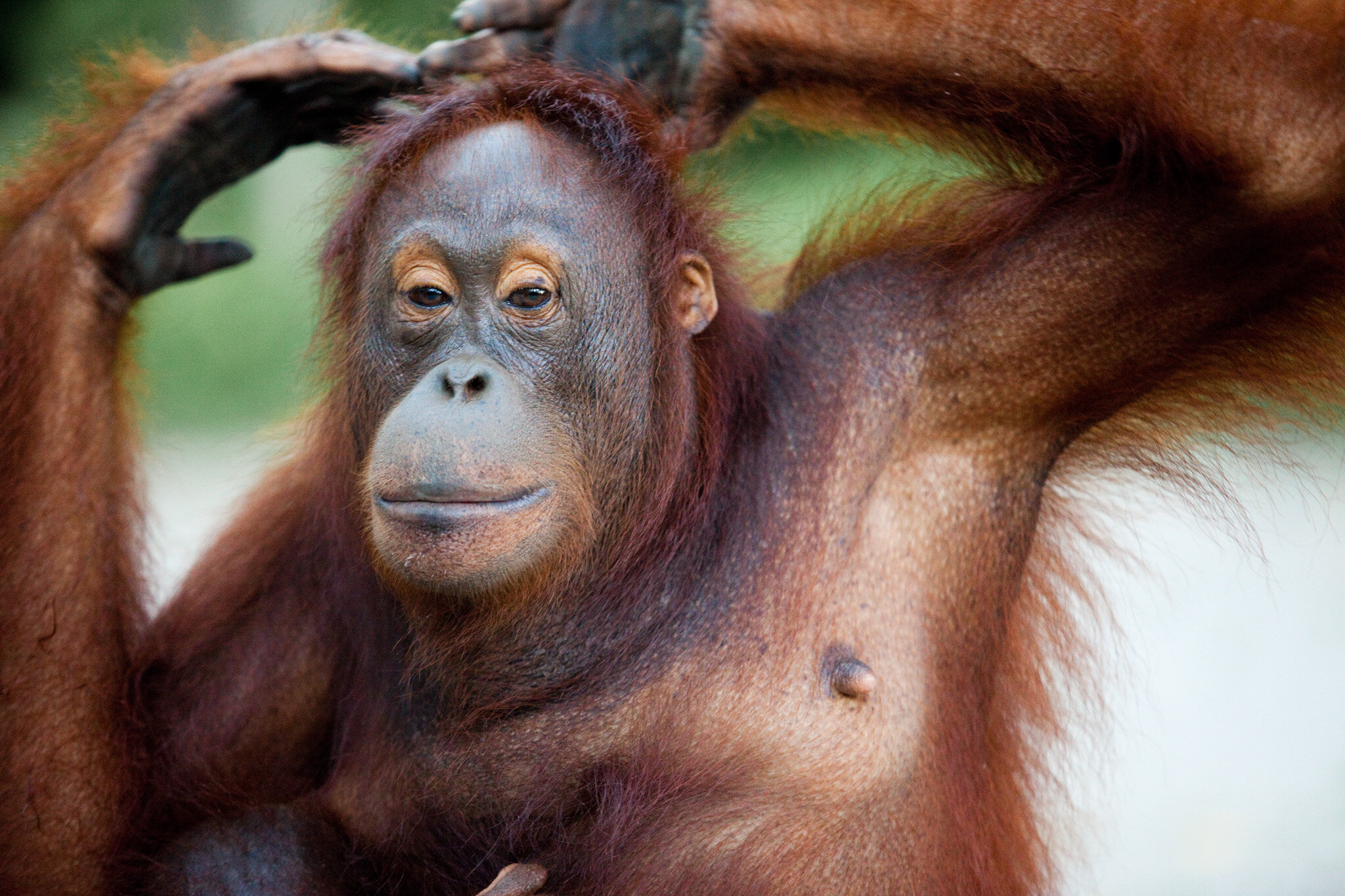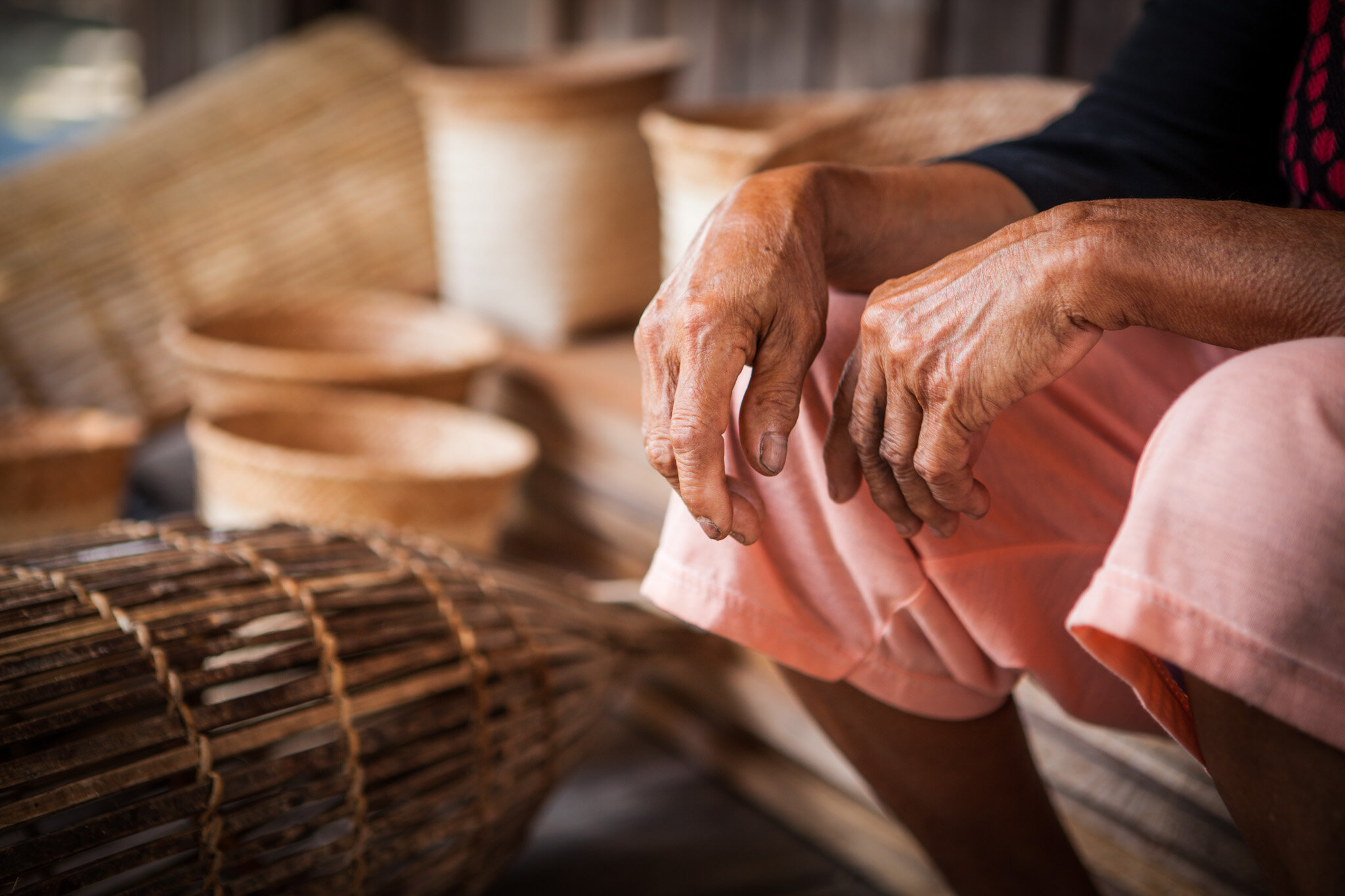
IMAGE LIBRARY, BOOK, PRESENTATION, AND EXHIBITION COMMISSION FOR RARE
In 2008 the Guinness Book of World Records declared that Indonesia is experiencing the world’s fastest deforestation rate. Borneo alone has lost over fifty percent of its original forest cover; half of that loss occurred in the last twenty years alone. By any measure, deforestation—especially in the species-rich tropics—is a conservation tragedy. Today, that tragedy’s repercussions go far beyond the loss of endemic wildlife and the almost inevitable displacement and impoverishment of local people. Vanishing species leave holes in the web of life that ultimately sustains all humans. Even more disturbing, deforestation arguably causes more damage to the climate than any other human activity on the planet. Stopping deforestation on Borneo and throughout the tropics has become one of the global conservation movement’s top priorities. But deforestation is not a simple problem and there is no simple solution. The social, economic, political, cultural, and environmental variables are different everywhere, yet must be considered if many of the efforts are to have any chance of success.I traveled with writer William deBuys to Central Kalimantan on Indonesian Borneo to document several communities along the border of the Lamandau River Wildlife Reserve. We were traveling on assignment for Rare, a Virginia-based NGO with programs throughout the developing tropics, to depict the social complexities facing international conservation work as context for the organization’s grassroots Pride program. The individuals we photographed and interviewed ranged from village leaders and handicraft artists to palm oil plantation workers and farmers to reserve rangers to conservationists. By attempting to understand the social and environmental complexity of the communities living in these tropical forests, this project challenges conventional practices in conservation in the developing world that prioritize biodiversity and preservation of habitat ahead of people and the role that local communities can play as active participants—even leaders—in realizing sustainable solutions and creating models that will help shape the future of our planet.People of the Forest has been presented and exhibited at venues including Duke, Harvard, Wild & Scenic Film Festival and Mountainfilm.





















